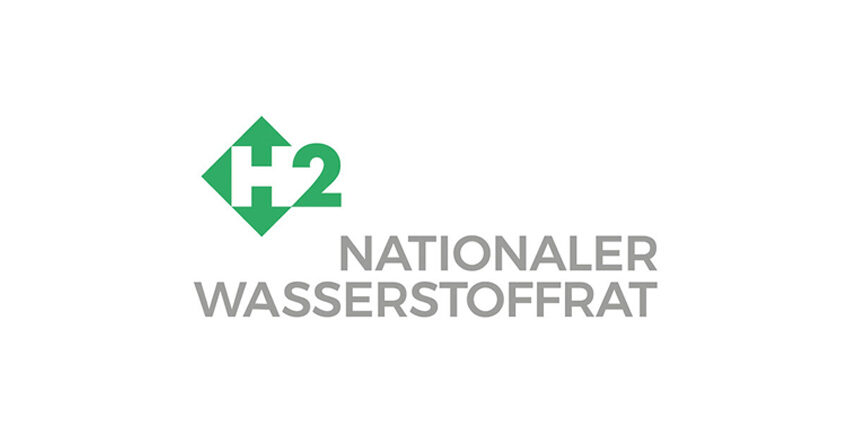On 1 February 2023, the National Hydrogen Council finalised a position statement on the impact of the ban on perfluorinated and polyfluorinated chemicals (PFAS) on the ramp-up of the hydrogen economy. Concrete recommendations for action are given.
Per- and polyfluoroalkyl substances comprise a class of thousands of synthetic industrial chemicals. PFASs have unique chemical-physical properties. These make them indispensable both for use as key components for electrolysers and fuel cells as well as in the field of lithium batteries. Here, the highest demands are placed on chemical and thermal resistance, which up until now could only be met with the help of PFAS.
According to the REACH restriction process, the EU Commission can restrict or ban the use of substances in different ways. For PFAS materials, there are currently no alternatives in use for the above-mentioned areas, which is why it is demanded that exemptions under the Montreal Protocol be created at this point until alternatives are available. Furthermore, research in the field of alternative materials must be intensified in order to be able to offer substitutes for PFAS.
To the (German language) National Hydrogen Council statement (PDF)
Source: National Hydrogen Council (www.wasserstoffrat.de)


